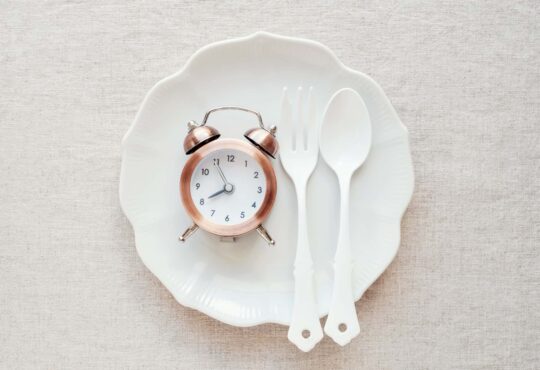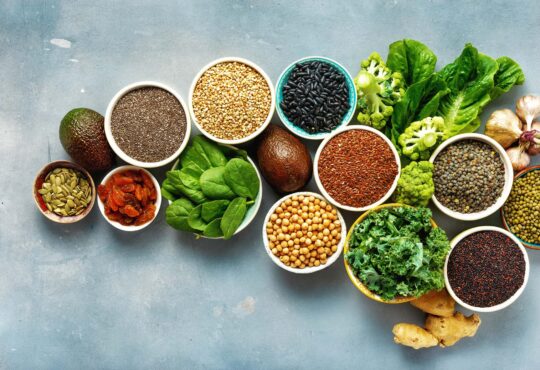
Medical science now understands a lot about how our brains and bodies interact.
We’ve found simple-seeming, little actions can help you feel better, have more energy, be more productive, and experience greater physical and emotional health.
1. Look at the world panoramically several times a day.
“Panoramic” means looking into the distance. Gazing at nature is best, but even looking far down your street helps. If nothing else, gaze out a window, at the horizon, or up at clouds in the sky.
We didn’t evolve inside four walls staring at boxes and screens. The constant use of phones is narrowing our vision.
Part of the stress of living in big cities is being surrounded by tall buildings that block your vision of the larger world. Part of the stress of enforced confinement is the claustrophobic feeling of those four walls closing in on us.
Part of the relaxation we get on vacation comes from gazing out over an ocean or lake, or from a mountain.
2. Get morning sunlight as early as possible – and sunlight all day long.
Your eyes have specific receptors for morning sunlight. By getting outside as soon as possible after dawn, those receptors signal your body to release the hormone cortisol. This wakes you up so you’re alert and have plenty of energy.
This also “sets” your internal biological clock. Just as it stimulates your daytime activity, the clock now knows when to slow you down for sleep.
This helps regulate the release of the hormone melatonin, which is a powerful antioxidant itself – and which makes you sleepy beginning around 11 PM.
3. Avoid bright light after 10-11 PM.
It’s now fairly well-known the blue light that comes from computer and phone screens acts as an artificial stimulant that disrupts your sleep cycle, keeping you awake far into the night.
Therefore, after sundown, I wear orange-tinted glasses that block the blue light from my laptop. There’s a free software program called Flux you can download to adjust the light of your computer’s screen.
Since I began wearing these blue-blocking glasses I’ve found it quite difficult to stay up past my regular bedtime. Shortly before, I get terrifically sleepy, so I want to put the book down. I fall asleep quite fast.
But neuroscience has also discovered that seeing any bright light from 10-11 PM to around 4 AM disrupts your sleep cycle and your emotional well-being.
In fact, it can contribute to depression.
NOTE: I am talking about regular, prolonged exposure to bright light during that time period. Obviously, if you wake up to go to the bathroom, you should turn on a light so you don’t fall.
But do not stay up late watching TV or staring at your computer or phone.
4. Celebrate small, daily wins or milestones.
This applies to health or career goals – or anything you like.
All major goals take time – usually quite a long time.
You can’t lose 50 pounds, get promoted to Vice-President, or raise happy, healthy kids overnight.
Let’s say you do want to lose 50 pounds.
When you actually get there, a surge of the neurotransmitter dopamine will give you a surge of feeling good, as a reward.
But when you’re face to face with a carton of chocolate mint ice cream, that dopamine reward seems far away.
But, you’re determined, so you resist. And you resist. And you resist some more.
However, in the face of stress and pain, the human brain has only a limited capacity to resist.
Eventually – often late at night – your brain becomes ruled by a buildup of norepinephrine. You’re frustrated. You can’t take it anymore – so you eat. Or smoke. Or drink. Or whatever.
The secret to getting around this is knowing that dopamine reduces the norepinephrine.
Trigger enough dopamine in your brain, and you can easily keep on resisting.
Therefore – and, again, this is backed up by recent discoveries in neuroscience – you want to structure your thinking so you can win every day.
You set milestones you can meet in one day.
Every day you go without eating processed sugar and other unhealthy foods.
Every day you run five miles.
Every day you go to class, study, and turn in your homework on time.
Every day you make presentations to prospects.
It may sound like self-development mumbo jumbo, but it’s the hard truth. Every successful person gets – and stays – that way through day by day accomplishments.
The best part is, you don’t have to grit your teeth and exhibit mental fortitude or tough out the pain – you pat yourself on the back every day for whatever you accomplished that day.
Don’t wait until you reach those far-off achievements. Celebrate every day you take a step closer to your large goal.
That way, you reward yourself with dopamine.
You’ve earned it. You’re on track to achieve your long-term dreams.
https://www.youtube.com/watch?v=ZkjDGgijGkI
https://nymag.com/strategist/article/blue-light-blocking-glasses-work.html
https://wellnessmama.com/15730/blue-light-blocking-glasses/







